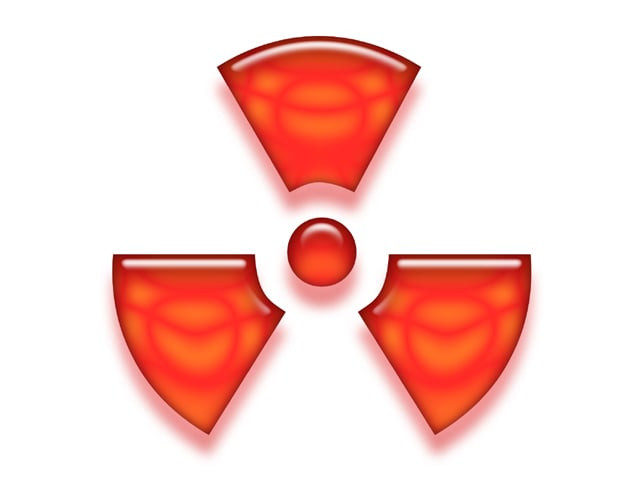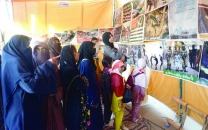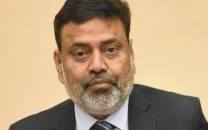Learning from others’ mistakes: More nuclear reactors being planned for the city
Pakistan authorities justify plans on national security grounds.

As the residents of Karachi voluntarily switched off their lights on Saturday evening to observe Earth Hour with the rest of the world, somewhere in the country there were people planning more nuclear reactors in the city.
The Pakistan Atomic Energy Commission (PAEC) has rejected criticism by nuclear experts for going ahead with plans of constructing new nuclear reactors in the country, including Karachi, to meet growing energy needs.
The renewed disapproval came in the backdrop of the crisis in Japan, where radiation leaks have been reported in the main water supply systems and contamination in vegetables, especially in the coastal city, Saindai, where the Fukushima reactor exploded.
A PAEC spokesperson said the people who were criticising the commission were working on an agenda of destabilising the country. “Pakistan needs new nuclear reactors on national security grounds,” he said.
At least, six more reactors are reportedly being planned in Karachi. When the Rs19.533-billion budget for PAEC was announced in 2009-2010, it was specified that a part of it would be used for the “survey and feasibility studies of six additional nuclear power plants sites in Karachi”.
Expansion plans for Pakistan’s first nuclear reactor Kanupp-I built in 1972 have reportedly been completed. Kanupp-II, III, IV and V having capacity 325 megawatts each are expected to be constructed according to the plan near Kanupp-I.
The case studies for the new reactors in Karachi have been completed and were awaiting the go ahead for construction from authorities, an official said.
Pakistan Nuclear Regulatory Authority spokesperson Zaheer Ayub Baig insisted that all nuclear reactors were planned keeping in view the threats of earthquakes and tsunamis. “Even though all reactors, including Kanupp are at a safe distance from earthquake fault lines, we have directed the PAEC to analyse and make all necessary preparations in case of an emergency,” Baig said. He also insisted that chances of a tsunami like the one witnessed in Japan were highly unlikely in Karachi.
According to the Pakistan Meteorological Department’s Mukhtar Ahmed Magsi, Pakistan is prone to seismic and tsunami activity. However, Ormara, Pasni and Sonmiani are most vulnerable in case a tsunami is generated by an earthquake along the Makran subduction zone. Jiwani, Gwadar and Karachi were said least danger-prone.
Pakistan has a coastline of around 1,050 kilometres along the Arabian Sea. Makran covers a vast area of about 400 km long and 250 km wide. A subduction region is located about 100 km away from the Makran coast and was responsible for the earthquake-triggered-tsunami in 1945 that killed hundreds.
Pervez Hoodbhoy, physics professor at the Quaid-e-Azam University in Islamabad, called the plans for constructing new nuclear reactors, especially Kanupp, amounting to throwing more good money after bad.
He said Kanupp-I has a very poor track record. According to the International Atomic Energy Agency statistics released in 2009, it has been unavailable for power production 70.4 per cent of the time. But even if it had operated as per design -120MW of electrical power - this would supply only six to seven per cent of Karachi’s total electrical power needs - barely enough for Golimar and Lyari.
“Apart from being outrageously expensive and producing little electricity, Kanupp is a dangerous toy that puts the city’s population at risk. More reactors simply mean more danger. An act of sabotage, terrorist attack, equipment failure, earthquake, or tsunami could lead to large scale radioactive release,” Hoodboy warned.
The scientist said that if a meltdown occurs in Karachi, the scenario would be even more catastrophic since the breeze is mostly directed towards the city.
Both the PAEC and the Pakistan Nuclear Regulatory Authority officials rejected this doomsday scenario. Baig, in fact, said that the recent floods and quakes in Pakistan had made bodies like the National Disaster Management Authority better prepared to respond to any disaster.
Published in The Express Tribune, March 27th, 2011.



















COMMENTS
Comments are moderated and generally will be posted if they are on-topic and not abusive.
For more information, please see our Comments FAQ